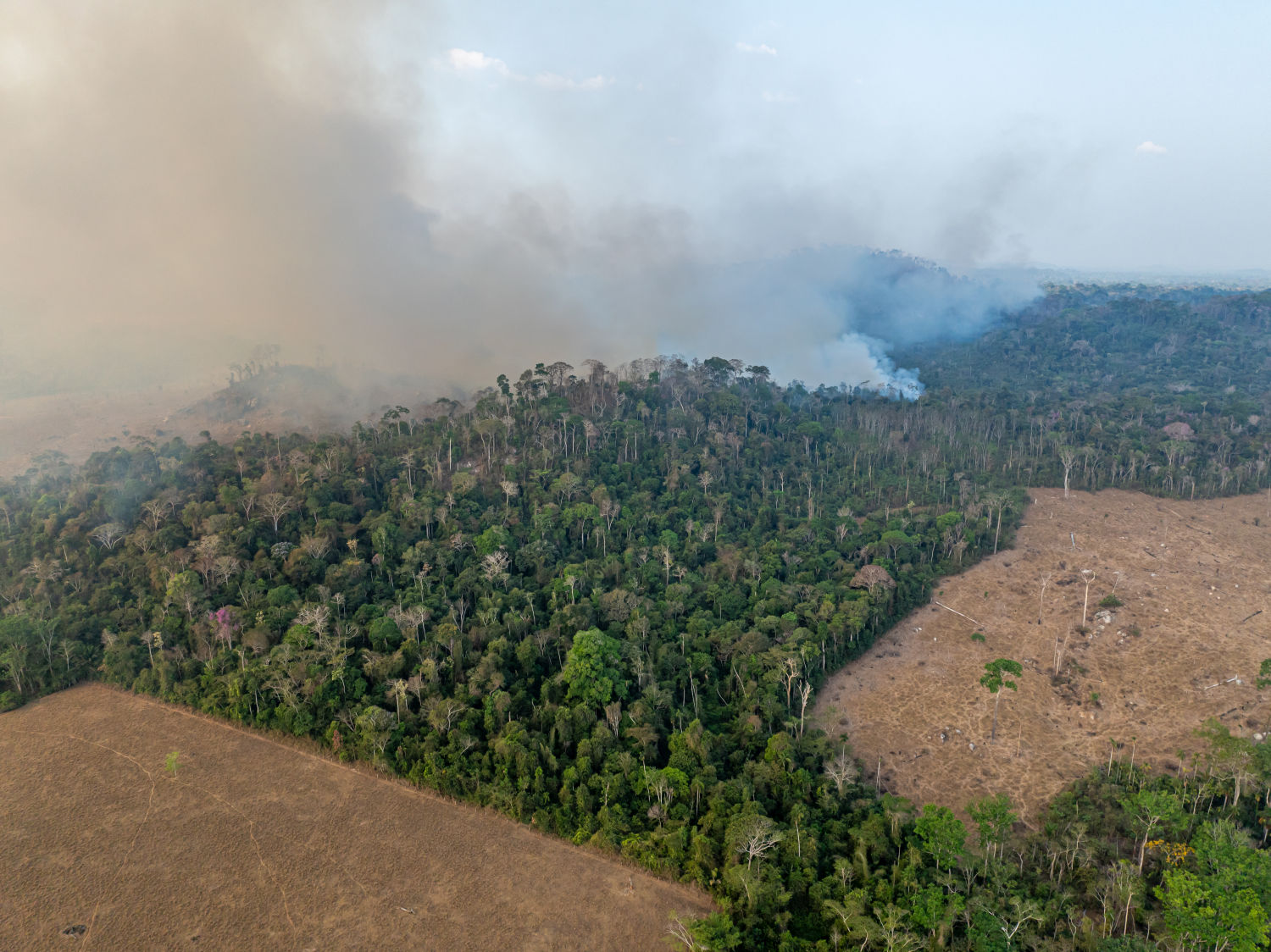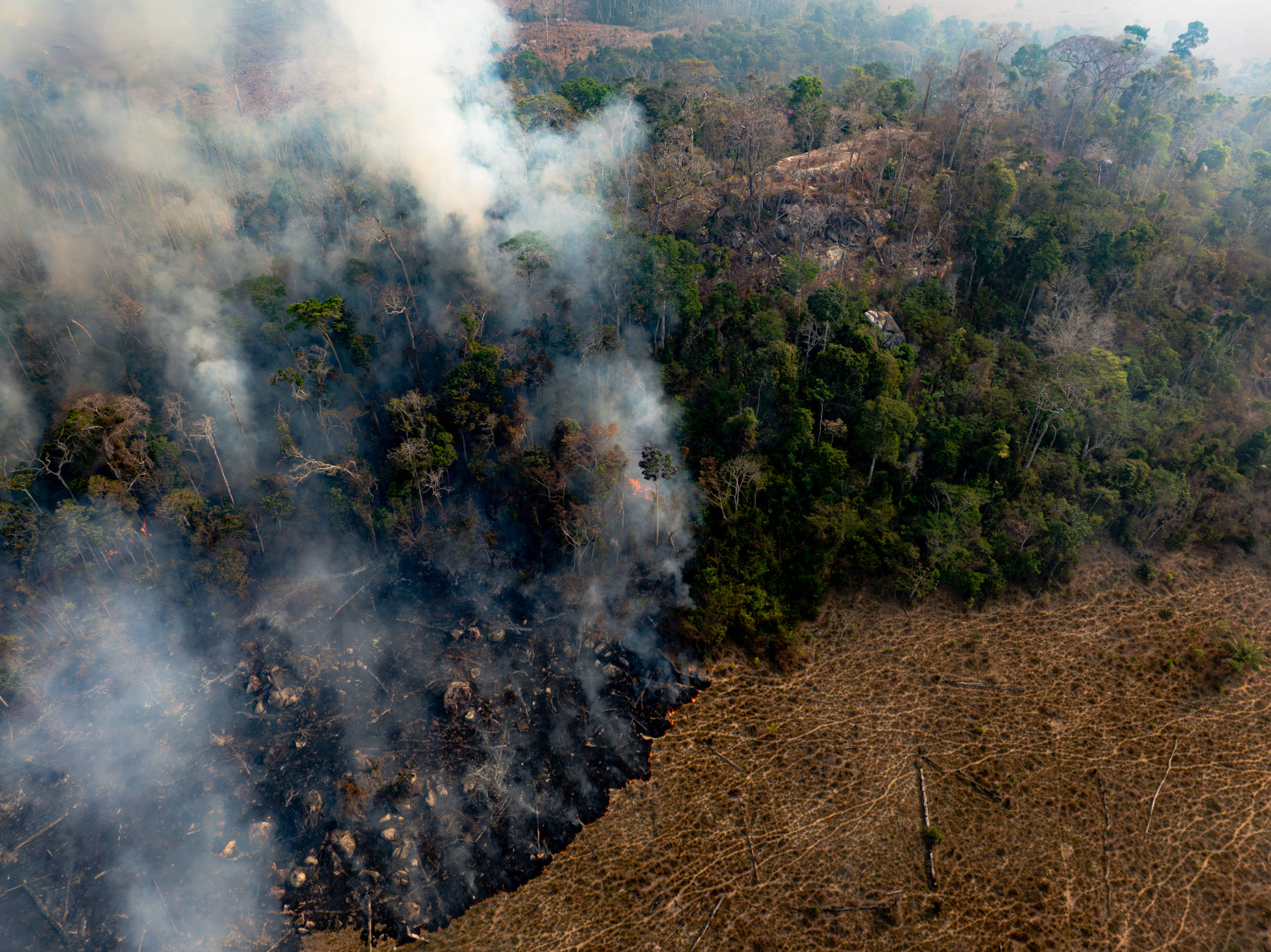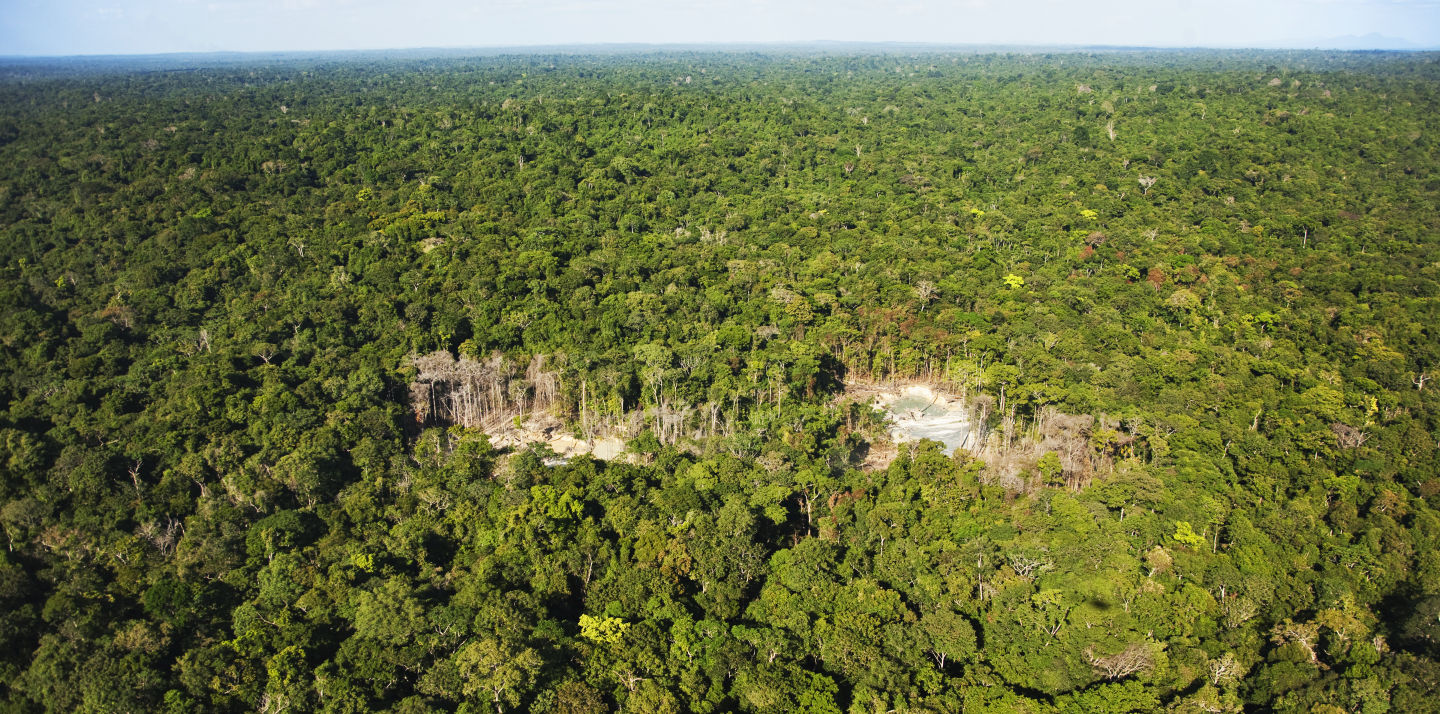In 15 years we could lose the Amazon: the point of no return is getting closer and closer

The WWF: «Politics must be changed. The climate change induced by the loss of forest affects the whole planet ». A solidarity SMS to support the fire prevention and containment project
There Amazonian forest It is certainly one of the most precious among humanity « family jewels ». But continuing with the current step we will certainly not be able to think of using it to guarantee us a future. Indeed, we could end up losing it completely. And not in an indefinite future: in just 15 years the point of no return could be exceededor a level of decline that is no longer allowing the green lung to regenerate itself. A situation in which there is already a third of the territory.
Fifteen years are very few but they are also an interval that, becoming aware of the situation, would still allow to intervene. It is not the best time, what we are experiencing, as for Sensitivity to the environment and the Protection of biodiversity by the main world political leaders. But precisely for this reason the scientific and environmentalist world tries to make his voice heard. WWF has spread the report «SOS Amazon», Which highlights that from 1970 to today the pressure of the human being has heavily affected this ecosystem, fundamental for the climatic balance of the entire planet. According to the estimates it is 17% of the forest was lost.
The progression of the deforestation has stabilizedbut what has been done to date in terms of environmental damage It is already too much. And we are to the point that if One 5% more of the great Amazonian lung was destroyed, it it would definitely lose its resistance and resilienceleaving more and more areas to unleash and transform into savannah. The strength of the forest is the mass, if this fails and the empty spaces increase, regeneration becomes increasingly complex. With a chain effect concerning the survival of animal and vegetable species and the recesses on the climatewith a further increase in global temperatures. And this, in addition to disengagement of many states towards the containment of climalterant gas emissions In the name of a hypothetical relaunch of the economies, it would make it impossible (already now it is difficult) to respect the Paris agreements on the containment of global warming.
The report highlights how the Bolivia The country where the heaviest trend is recorded in terms of loss of biodiversity. In this nation, where the forest extends for 55 million hectaresthe deforestation doubled compared to the beginning of the 21st century. Not only that. Since 1990 the deforestation has taken away 19.4% $ of the green surfacefor a total of about 8 million hectares (just to get an idea is like twice the extension of Switzerland), while another 15.3% was lost for forest degradation. The fires are among the main causes of destruction of large portions of the territory, favored by periods of great drought associated with strong winds, an effect of the climatic variations taking place globally.

The WWF created the Amazzonia Bolivia fire emergency fund That aims to prepare the local communities to deal with the bonfires, with prevention actions but also with modus operandi to contain the effects of new episodes. Correct policies and safeguard initiatives should also involve indigenous populations, often directly touched by these phenomena. To support the initiative, a SMS solidarity al n. 45584 with which to contribute, up to May 25thwith a donation of 2 euros with mobile SMS or with 5 euros with a fixed network call.
«The Amazon hosts 10% of earth’s biodiversity, regulates the rainfall of the entire South American continent and contributes to counteracting the global climate change – Note the WWF -. Lost wide portions, as is happening, reduces rainfall and cause mass extinctions of specieswith repercussions on agriculture, on the production of hydroelectric energy and on health and human well -being in the region and global level. The Andean Amazon, or Peruvian and Bolivian, is considered among the most fascinating and rich in ecological and cultural terms. Preserving it is a duty of all not ».








